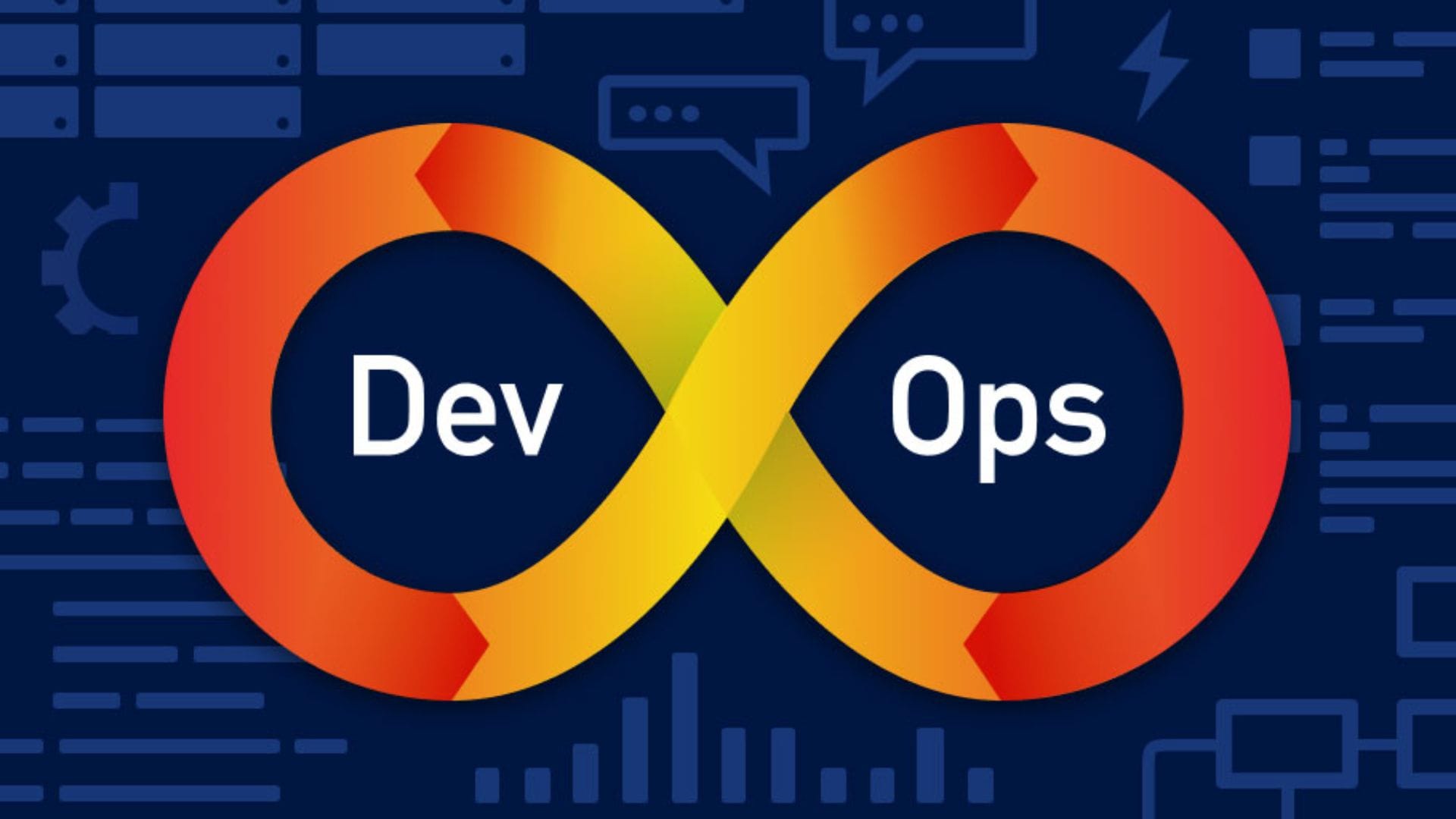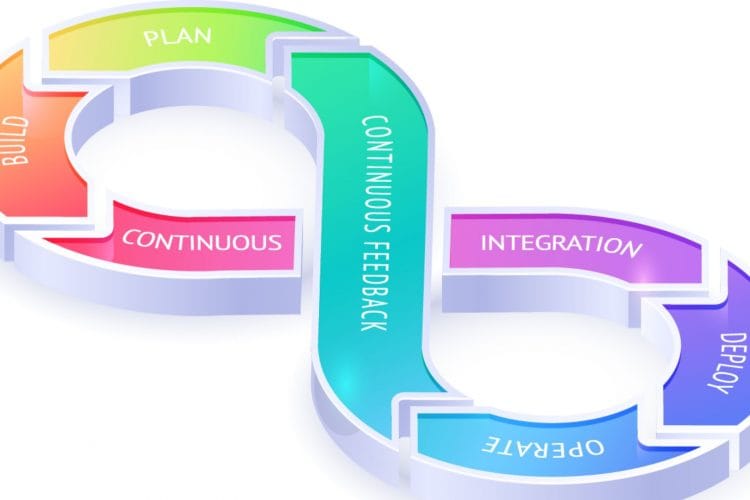
The impact of digital transformation signatures on the right DevOps solutions defines their importance towards the continuing success of a contemporary world organization. DevOps helps accelerate the development and deployment of product features while lending a hand in operational and service support to maximize operational efficiencies and diversify avenues for business transformation.
DevOps solutions empower the startup ecosystem to unleash an alternative mode for developing quality software: merging Development and IT operations, reducing release cycles, and enabling collaboration and work. Still, the flip side is discouraging since the avalanche of DevOps service providers makes it tough to choose wisely. DevOps services for startups provide tailored solutions to overcome these challenges effectively.
This guide shares the best-performing DevOps solutions for startup entrepreneurs in 2025: troubles from the avoidance of DevOps, followed by insights on how these selected tools enhance business operations. DevOps for startups ensures optimized workflows and seamless development processes.
Key Challenges That Startups Face Without DevOps
Organizations that are disinclined to embrace DevOps solutions waste their energies on growth and efficiency. The software development, deployment, and operations environment turns unbearably difficult without a well-planned DevOps approach. A few important problems include the aforementioned issues. DevOps startups benefit from well-structured automation and agile development strategies.
Lengthier Development Cycles
With no DevOps solutions in place, startups scramble for faster development and deployment and timely release of features. The lack of automation and non-optimized workflows do not assure efficiency and competitiveness. DevOps for startups bridges this gap by streamlining development cycles.
Poor Collaboration
When development and operations teams work in silos, miscommunication and inefficiencies arise. This leads to deployment errors, service disruptions, and delayed responses to customer needs. DevOps startup models enhance communication and integration, ensuring smooth collaboration.
A System Measurement Alternative System
An increased prospect of unscheduled outages, breaches of security, and undetected system failures creates challenges for a startup concerning revenue and reputation. Therefore, manual and overhead processes increase operational costs with no cash for Re-innovation. DevOps solutions enhance spending and efficiency. DevOps services for startups introduce automation to mitigate these risks.
The Increased Operational Costs
Manual processes and obsolete infrastructures impair operational costs. This denies the requisite funding for innovation and development. Integration of DevOps solutions improves spending and efficiency. The best DevOps tools for startups enable cost-effective development and deployment strategies.
Lack of Scalability
Maintaining old infrastructures is quite slow for increasing workloads; the absence of DevOps automation and cloud strategies may create grievance bottlenecks and performance dips for customers. DevOps startups leverage automation to enhance scalability and efficiency.
Top DevOps Tools and Platforms for Startups
A startup’s decision will rely on what it uses for DevOps solutions. It can be an actual success if the right automation, scalabilities, or efficiencies are done. The most well-suited solution can conveniently save cash by streamlining development and deployment processes, breeding better cooperation and productivity. Some of the very best in 2025 have somewhat diverse characteristics for software development and operational needs—DevOps services for startups ensure seamless integration of these tools.
Jenkins
Jenkins is the most popular open-source automation server supporting CI/CD pipelines, and a choice of preference among startups. It will make everything easier for developers since it will automate most of the software development lifecycle aspects like building, testing, packaging, and deploying. Also, with a strong community backing and a vast number of plugins, Jenkins has an easy integration with many other and existing DevOps tools, to be cost-effective and scalable for any startup. The best DevOps tools for startups often feature Jenkins due to its efficiency and scalability.
GitLab CI/CD
GitLab CI/CD is an all-encompassing DevOps solutions that incorporates automated testing and deployment processes to optimize software development efficiency for startups. Built-in CI/CD features exempt teams from redundant third-party integrations, allowing for greater productivity by providing a single interface for other development teams with which to work. With support for both small- and large-scale projects, GitLab scales easily, making it the tool of choice for any fast-growing organization. Furthermore, robust security features integrate security assurance for code deployment while mitigating vulnerabilities and risks. DevOps startups leverage GitLab CI/CD to streamline software releases.
Docker
Docker is a containerization platform by itself and is among the best in the business. It can help in the easy deployment of applications by packaging applications with their environment into lightweight and portable containers. This ensures that an application runs consistently in different environments and eliminates compatibility problems. Startups are empowered by Docker with sheer scalability, better resource usage, and shortened development cycles, especially toward cloud-based and microservices architectures. DevOps for startups heavily relies on containerization for seamless deployment.
Kubernetes
Kubernetes is an open-source container orchestration system for automating deployment, scaling, and managing containerized applications. It’s widely used for cloud-native application management, allowing startup owners to economize while looking for solutions to their infrastructure challenges. Kubernetes automates the allocation and balancing of resource loads and self-healing processes. The best DevOps tools for startups, like Kubernetes, enable resource-efficient scaling.
Terraform
Terraform is a very powerful tool for automation in provisioning and managing cloud infrastructure. Using it with multi-cloud environments will assure startup companies of consistent infrastructure among providers. Terraform lets a startup manage its infrastructure using declarative configuration files, greatly reducing manual work and increasing delivery speed. DevOps solutions frequently include Terraform for scalable infrastructure management.
AWS DevOps Tools
AWS DevOps solutions introduce a plethora of cloud services to ease integration with Amazon Web Services (AWS), thus providing the tools for automated deployment, monitoring, and Infrastructure as Code (IaC) in the development of potential cloud-native applications. The best DevOps tools for startups, like AWS DevOps, optimize cloud operations and ensure efficiency.
Conclusion
Using the finest DevOps solutions becomes crucial for startups desiring more speed and efficiency in software development, deployment, and operational processes. A smart and structured DevOps strategy helps a startup offer brisk release cycles, lower the bottlenecks, increase team collaboration, and build a continuous software delivery process. DevOps services for startups ensure startups maximize their potential through automation and scalability.
Such startups risk counterproductiveness with poor workflow management, security risks that open systems to cybercrime threats, and high operational budgets from manual processes and redundant infrastructure support. You can choose to go for DevOps solutions that facilitate sustainable growth and long-term success—the final call rests on the digital world and its competitive environment itself.
Make use of tools such as Jenkins, Kubernetes, and AWS DevOps solutions to automate workflows, enhance collaboration, and scale like a pro. The correct DevOps solutions help in adopting the model and thinking beyond the horizon of automation, scalability, cohabitation, and integration with other systems, including security. DevOps for startups ensures innovation-driven growth and success.
Take your DevOps solutions to the next level with Radiance Solution as your partner!




